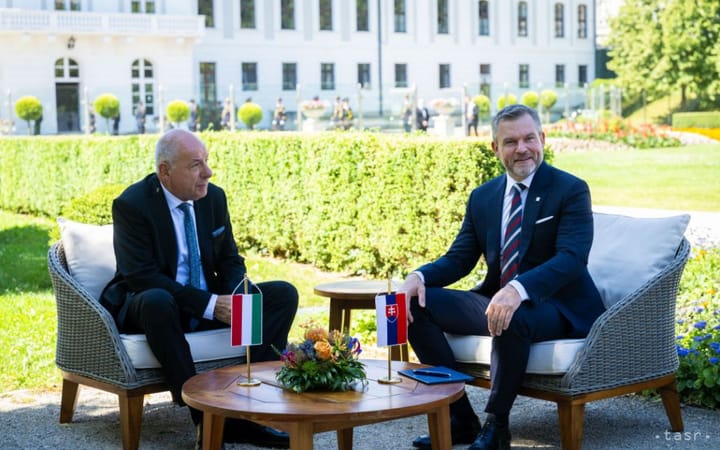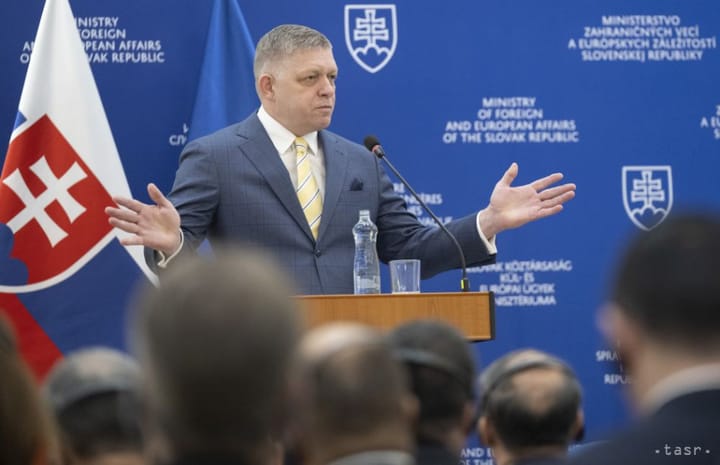CoFoE: 2nd Panel Demands EU Referendums & Comprehensible Names for Institutions

Brussels, December 16 (TASR) – According to the conclusions of the final meeting of the second citizens’ panel of the Conference on the Future of Europe (CoFoE), which took place in Florence, Italy at the weekend, EU citizens want the suspension of EU-budget funding for any Union-member state that violates the rule of law, even beyond the rule of law conditionality mechanism that has been in place since the beginning of 2021.
Meanwhile, the final meeting of the first CoFoE discussion panel, which was supposed to take place in Dublin on December 3-5, has been postponed due to the pandemic. The remaining two of the four citizens’ panels will hold their third and final sessions in Rotterdam and Warsaw in the coming weeks.
In addition to tightening up the conditions for drawing EU funds, the 200 participants of the second CoFoE panel, which deals with issues concerning democracy, human rights, values and democracy, demanded the option for EU citizens to vote in European Parliament elections for candidates running on joint supranational slates. They also want the official names of EU institutions to be simplified so that they will be clearly comprehensible for the ordinary public.
For example, the Council of the EU could be renamed the Senate of the EU, and the European Commission could become the Executive Committee of the EU. “People shouldn’t be expected to distinguish between the Council of the European Union, the European Council and the Council of Europe,” reads the document on the conclusions of the meeting in Florence.
In total, the second panel adopted almost 40 proposals concerning compliance with the law and non-discrimination, the protection of democracy and the rule of law, reforms of the EU, building a European identity and bolstering public participation in the Union’s decision-making process.
Among them was a recommendation to adopt an electoral law for European Parliament elections that would harmonise conditions for voters, such as voting age, the dates of elections, details of the candidates, political parties and their funding.
At the same time, the panel concurred that referendums initiated by the European Parliament should be held at EU level in extraordinary cases and for issues of particular importance.
The final proposals of all the four CoFoE panels will be discussed at a plenary conference at the beginning of next year. Each panel has delegated 20 members to the plenary conference, who will be joined by representatives of EU institutions and advisory bodies, national MPs, representatives of social partners, cities, regions and civil society organisations.
The approved proposals will be submitted to the CoFoE Executive Board, which will draw up a final report. The document will then be assessed by the European Parliament, the Council of the EU and the European Commission, which will try to translate the recommendations into concrete decisions.



